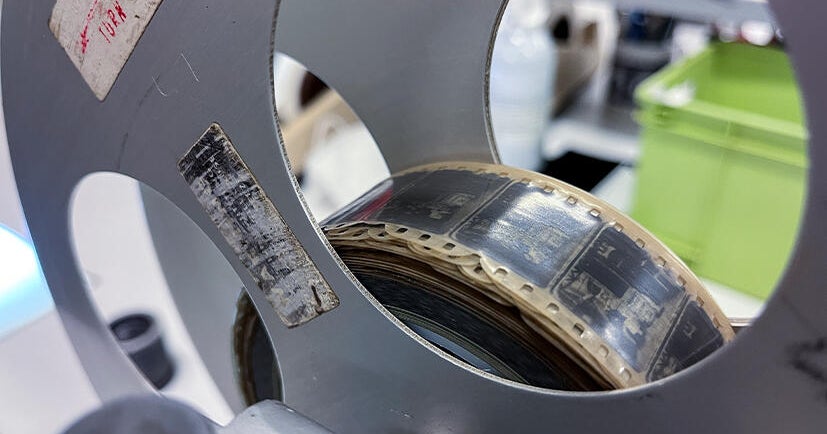Movie Blog: Rats, Brains, Secrets And Cigarettes
Addiction Incorporated, despite its dull and archaic-tasting title, is an engaging documentary about the world-changing science suppressed by the smoking industry and the people's struggle to uncover the truth about what the arrogant, intimidating, obscenely rich tobacco bigwigs knew and withheld about the addictiveness of cigarettes.
The movie's effectiveness begins with presentation. It starts with a story – that of Victor DeNoble. He narrates his childhood (poor family, poor grades, dyslexia!) and how he became a sharp scientist employed by Philip Morris.
In his research, DeNoble finds that not only is nicotine rather addictive to rats, but another chemical in cigarettes augments the addictiveness of nicotine, making the little rats in his study tap their virtual puff lever hundreds of times a day.
Nicotine: first thing in the morning, last thing at night. Such is the life of the laboratory rat. Knowing this, Philip Morris just increased the amount of the augmenting chemical and guaranteed their smokers' continued cash.
Talk of this rat study is graphically represented by cartoons of rat-people. The movie suggests – in a not so subtle way – that humans are just rats to the cigarette companies. Or, perhaps, it simply says that drugs affect the minds of mammals similarly. Thus, when a rat grows an intense addiction to cigarettes in a period of 20 or so days, it gives us humans – who are also animals – reason to be prudent.
But that information can't be known to smokers or doctors or teacher or politicians, Philip Morris realizes. They take the study, which DeNoble is so eager to publish with pride, and hide it. Philip Morris fires DeNoble and his colleagues and makes them sign an oath to secrecy.
This is where the story changes. Many years later, ABC publishes a prime-time report suggesting that cigarette companies knew for years that their products were extraordinarily addictive and had no intention of telling the public. In a way, the report makes the companies out as corporate drug dealers and not the lifestyle enhancers that they make themselves out to be.
The report makes Washington and the rest of the press go nuts. And, for a newsman such as myself, hearing journalists talk of getting phone calls about secret document drop-offs in shady Midwestern motels is like some kind of retro daydream.
The movie does a wonderful job of getting people who can talk in front of the camera. Documentaries often get into trouble when the people they need to tell a story can't quite pull it off with gusto or personality while being shot point-blank with a movie camera. Addiction Incorporated, I'm glad to report, does not suffer from that problem. DeNoble, in particular, is awesome. He speaks with verve and precision, and it is an absolute joy to watch him speak before Congress about the fruits of his scientific labor, which were kept for decades in the darkness of Philip Morris' belly.
Unfortunately, the movie ends on an overplayed note that's hard for most documentaries to hit. DeNoble is now an anti-smoking advocate and travels about the nation, teaching children about his rat studies and the insane addictiveness of cigarettes. DeNoble doesn't make any vainglorious speeches or ruin his cool character, he just asserts what everybody knows: cigarettes are bad for you; they change your brain, they are addictive. The deliciousness of the movie's science is long gone and all that's left is the somewhat nostalgic-smacking message of a 1990s infomercial.
But never mind the ending. Honestly. Addiction Incorporated is a well-made documentary that can get those whose brains are interested in science and secrets and scandal hooked pretty quick.
Addiction Incorporated is playing at the Lagoon Theater. It's directed by Charles Evans Jr.







